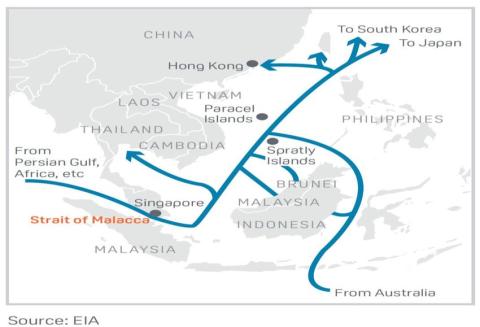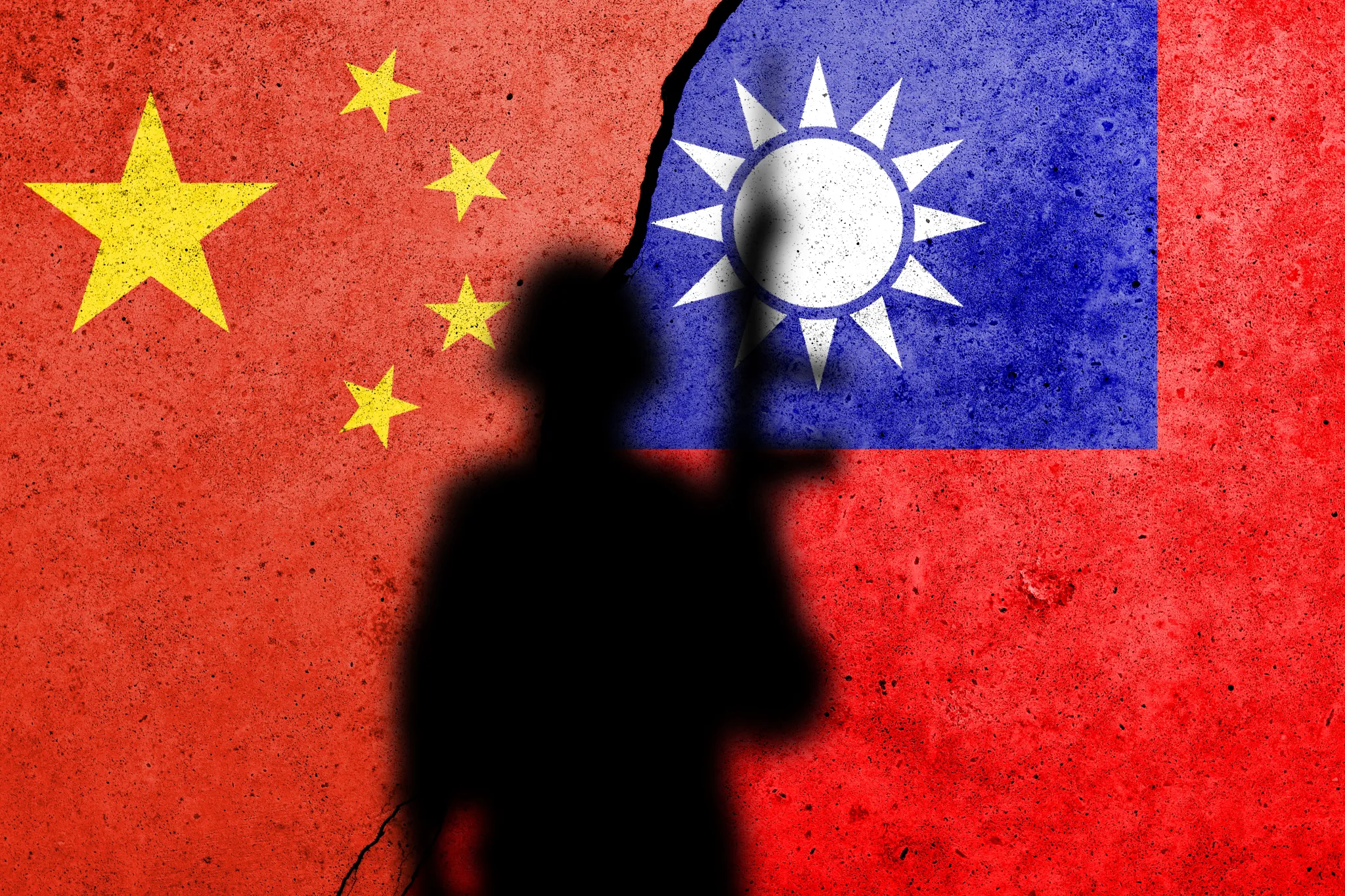

The Taiwan Strait has long been a point of tension, as Taiwan seeks more independence while China insists that the island is part of its territory. These tensions have raised concerns about a potential conflict between the two, and Southeast Asian nations are paying close attention. With their economic ties to both China and Taiwan, and their geographic proximity, ASEAN countries have a lot at stake if the situation escalates.
Economic Impact of a Conflict
If a conflict breaks out, the economic impact on Southeast Asia could be severe. ASEAN nations have strong economic ties with both China and Taiwan. China is the region’s biggest trading partner, and Taiwan ranks sixth. Disruptions in trade with either would create economic instability in the region, especially since China is deeply integrated into Southeast Asia's supply chains and infrastructure development.
The Taiwan Strait also connects directly to the South China Sea, a critical route for global trade. Nearly a quarter of the world's trade passes through this area, and three of the countries most reliant on these sea routes—Vietnam, Singapore, and Indonesia—are ASEAN members. Any disruption would lead to delays, increased shipping costs, and widespread economic consequences for the region.
Moreover, the Asian Development Bank (ADB) points out that Southeast Asia is a top destination for foreign investment. If a conflict occurs, this could lead to a drop in foreign direct investment (FDI) from China and Taiwan, both of which are key investors in the region. The uncertainty could also scare off other international investors, further destabilizing Southeast Asia's economies.
The alliance relationship between the United States and Taiwan adds another layer of complexity of Southeast Asia’s security concern. The US has long supported Taiwan, particularly in terms of defense and democratic values. As many countries in the region have security partnership with the US, if the US becomes involved, these countries may find themselves pressured to pick sides in a larger power struggle between the US and China, two of the region’s most important economic and security partners.
Moreover, the South China Sea could become a battleground if tensions escalate, especially if China uses its military facilities on islands it claims (see picture Spratly islands and Paracel islands). This could drag ASEAN countries into the conflict. Some nations, like the Philippines, have military ties to the United States, which might pull them into the fray. Others, like Vietnam and Malaysia, may face the difficult choice of whether to remain neutral or take a side, knowing that choosing wrongly could lead to lasting consequences.

Polls show that while a majority of ASEAN respondents would prefer to side with the United States in a conflict, some countries like Brunei, Malaysia, and Indonesia still lean toward China, largely due to their economic ties. This reflects the delicate balance Southeast Asian countries must maintain between security interests and economic dependence.
Democracy vs. Authoritarianism
Furthermore, a potential war can also have an impact on the democracy development in the region. While Taiwan is widely recognized as Asia’s most democratic country, China represents the largest authoritarian state. According to the Australian Institute of International Affairs, Southeast Asia is already showing signs of shifting toward authoritarianism. If China successfully takes control of Taiwan, it could send a message to Southeast Asian nations that authoritarianism is an effective and viable form of governance. China's ability to thrive on the global stage without adhering to liberal norms might make some countries in the region question the value of democracy.
Joseph Liow, Professor from the Nanyang Technological University also pointed out that Southeast Asian countries’ unity could also be at risk. As countries align themselves with either China or the United States, the regional bloc could fracture, making it harder for these nations to take collective action on important security and economic issues.
Humanitarian Concerns
Lastly, humanitarian concerns should be addressed. Taiwan is home to over 780,000 Southeast Asian people, coming from Vietnam, Indonesia, the Philippines, Thailand, and Malaysia. In the event of a crisis, evacuating these foreign nationals would present a significant challenge for ASEAN governments. Ensuring their safety would be a top priority, adding another layer of complexity to the situation.
Conclusion
In conclusion, the potential crisis in the Taiwan Strait presents a significant challenge that Southeast Asia cannot afford to overlook. The intricate web of economic ties, geopolitical interests, and democratic values within the region means that any escalation of tensions between Taiwan and China could have far-reaching consequences for Southeast Asian countries. Therefore, it is imperative for ASEAN to proactively engage in dialogue with both Taiwan and China, strengthen intra-regional cooperation, and develop contingency plans that prioritize both economic stability and the safeguarding of democratic values.





